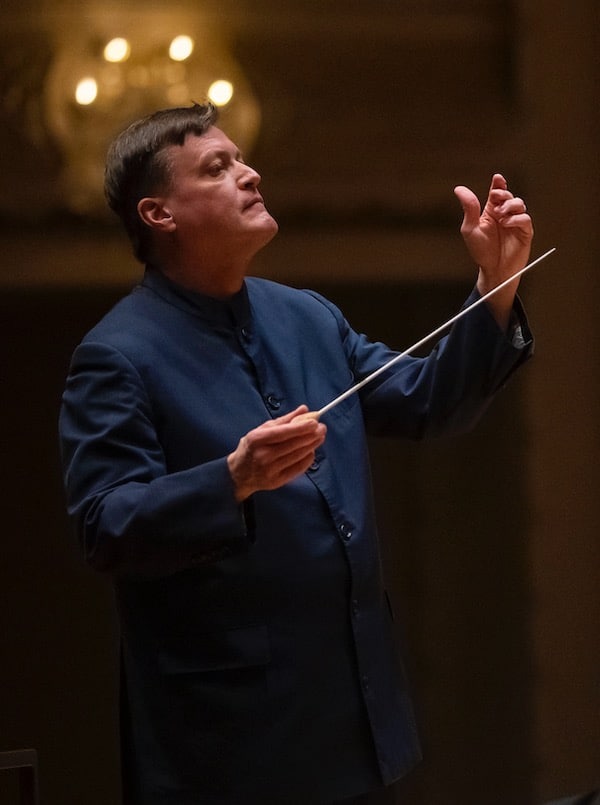Christian Thielemann: Don’t call me Maestro
OrchestrasThe Vienna State Opera has published a closely-observed article by conductor Jendrik Springer on working with the intense Christian Thielemann.
First of all: never call him Maestro. That’s what I advise all singers who are working with Christian Thielemann for the first time to do right from the start. Because he absolutely does not see himself as a “maestro”; he prefers “conductor”. For Thielemann, this encompasses numerous virtues that have to do with professionalism, craftsmanship and great seriousness. This is evident in many aspects of his work.
I don’t know many conductors who have studied a score as well as he has at the start of rehearsals. The famous saying really does apply to him: it’s better to have the score in your head than your head in the score. He can literally memorize the pieces. Not photographically by heart, as is said of Daniel Barenboim, for example, but with an enormous level of detail. For example, during rehearsals in the middle of a tutti passage he can draw the attention of a third bassoon to a careless mistake in a musically unexposed place. How does he do it? He just knows it!…
When the orchestra rehearsals begin, he is as efficient as possible. He often lets the whole act play through once without interrupting, but keeps calling out corrections and comments. Only then does he work on individual passages in chronological order. This usually involves a lot of focus on key passages, difficult transitions and technically tricky moments, rather than playing through the whole thing again.
What he doesn’t do is give a kind of general speech at the beginning of the rehearsal in which he explains the work and his view of it. He is absolutely of the opinion that there is no need to explain Beethoven or Strauss to an opera house or orchestra with a corresponding international reputation….
A central theme for Thielemann is volume. For him, it’s not about going through the evening loudly. He often signals “less” with his left hand to get the musicians to play with more nuance. Even with a fortissimo, he makes sure that this is only used when it is really necessary.
His motto is: “You shouldn’t really have more than one place per act where you can really let it rip.” And when you do let it rip, it’s done in an incredibly effective way that culminates in the tension of an entire act…
Full article here.






Comments